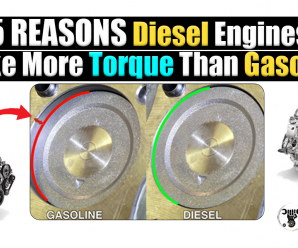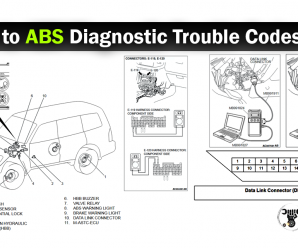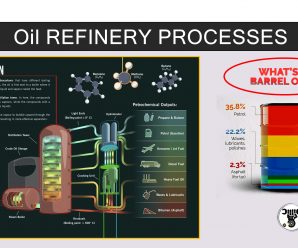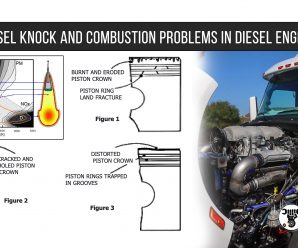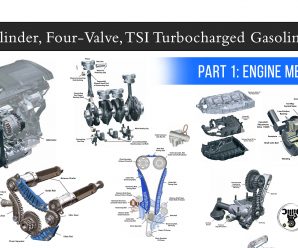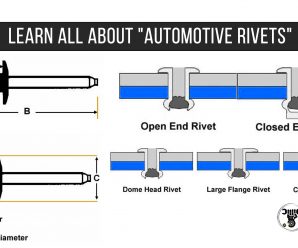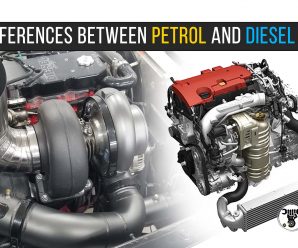Advertisement Introduction: When it comes to power and performance, diesel engines have always held a special place. Known for their exceptional torque output, diesel engines dominate heavy-duty vehicles, ensuring they can handle tough tasks with ease. But have you ever …
Tag: petrol
Advertisement Antilock Brake System (ABS) Antilock braking system is an enhanced braking system that monitors individual wheel rotation and prevents the wheels from locking up while stopping. Locked wheels provide inefficient braking and sacrifice directional control, so ABS shortens stopping …
Advertisement Refining Operations Petroleum refining processes and operations can be separated into five basic areas: Fractionation (distillation) is the separation of crude oil in atmospheric and vacuum distillation towers into groups of hydrocarbon compounds of differing boiling-point ranges called “fractions” or …
Advertisement Satisfactory combustion of diesel fuel requires extremely fine atomisation of the fuel and precise regulation of the start and finish timing of the injection period. The normal pressure cycle of diesel combustion can be adversely affected by a range …
Advertisement The Volkswagen 2.0 liter chain-driven TSI engine PART 1: Engine Mechanicals Engine Block Cast iron crankcase Balancer shafts in the crankcase Forged steel crankshaft sump-mounted oil pump—chain-driven by a crankshaft Timing gear chain — front end of engine Balancer—chain-driven …
Advertisement Rivets provide an effective way to fasten two materials together without welding, adhesives, or any specialty tools or skills. They can be used in automotive and non-automotive applications, but for this article, we’re going to focus on automotive rivets. …
Advertisement In this post, we explore the topic, looking at the principles behind turbocharging, the basic differences between petrol and diesel engines, and how this affects the design of turbochargers for each application. Commonalities The first thing to understand is …

